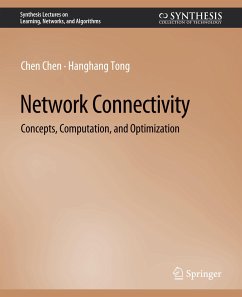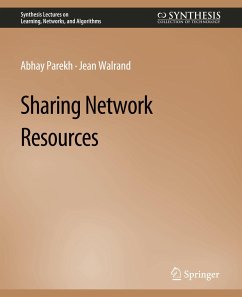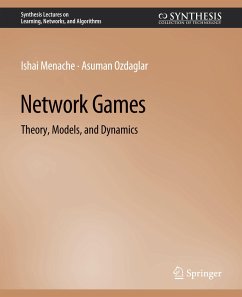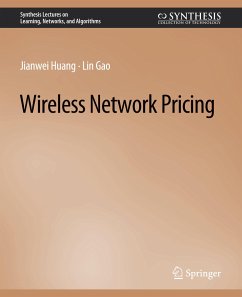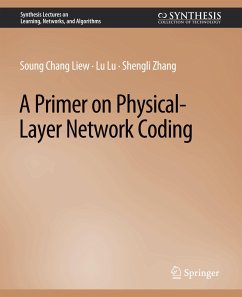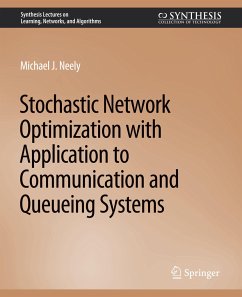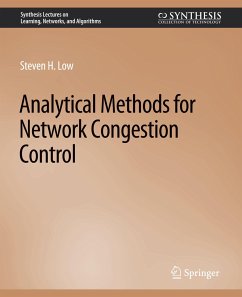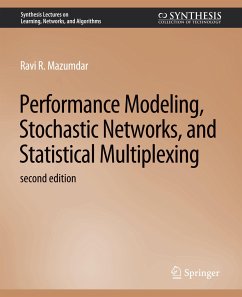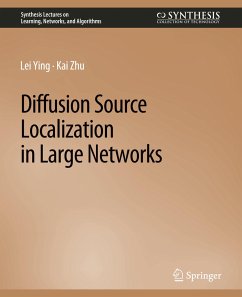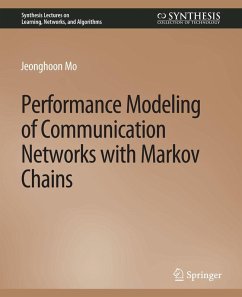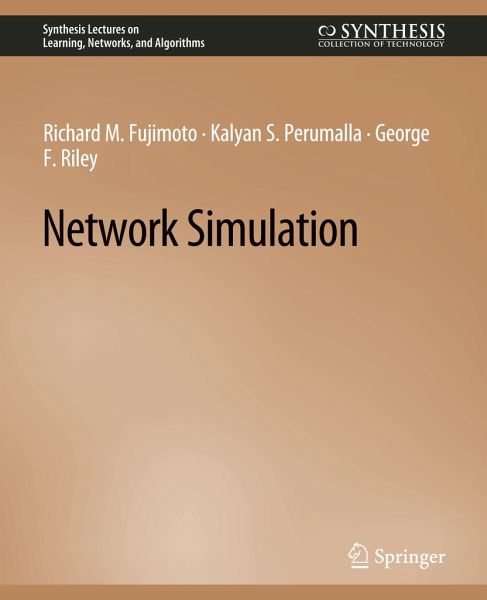
Network Simulation

PAYBACK Punkte
0 °P sammeln!
A detailed introduction to the design, implementation, and use of network simulation tools is presented. The requirements and issues faced in the design of simulators for wired and wireless networks are discussed. Abstractions such as packet- and fluid-level network models are covered. Several existing simulations are given as examples, with details and rationales regarding design decisions presented. Issues regarding performance and scalability are discussed in detail, describing how one can utilize distributed simulation methods to increase the scale and performance of a simulation environme...
A detailed introduction to the design, implementation, and use of network simulation tools is presented. The requirements and issues faced in the design of simulators for wired and wireless networks are discussed. Abstractions such as packet- and fluid-level network models are covered. Several existing simulations are given as examples, with details and rationales regarding design decisions presented. Issues regarding performance and scalability are discussed in detail, describing how one can utilize distributed simulation methods to increase the scale and performance of a simulation environment. Finally, a case study of two simulation tools is presented that have been developed using distributed simulation techniques. This text is essential to any student, researcher, or network architect desiring a detailed understanding of how network simulation tools are designed, implemented, and used.



